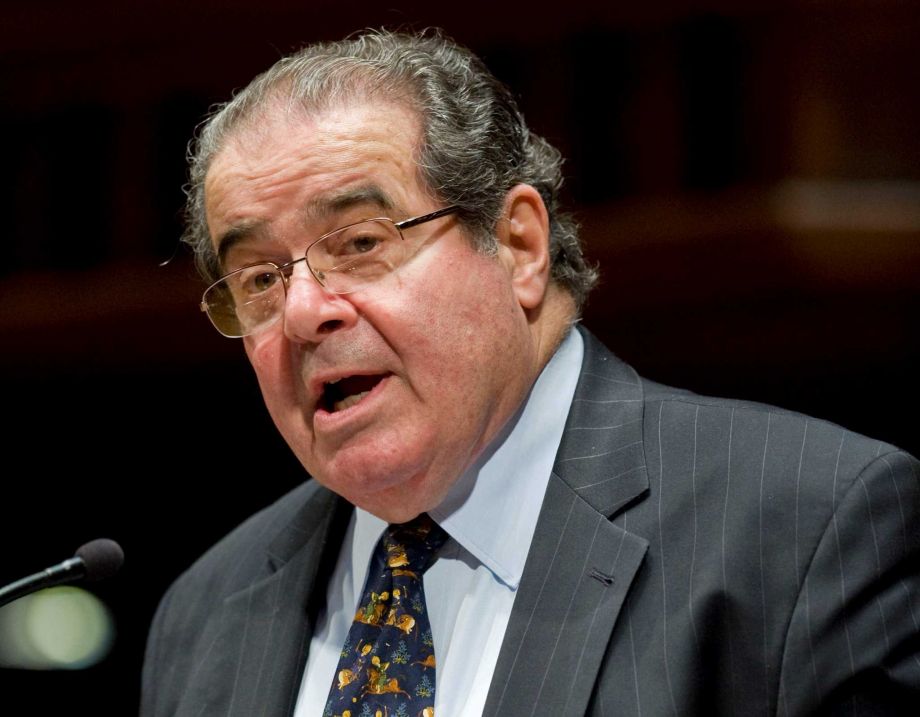When the framers of the 1789 US Constitution debated representation, the southern states were at a distinct disadvantage. No one — north or south — intended anyone to be represented who did not enjoy wealth, education, and leisure. The problem for the south was that there were far fewer residents who met these qualifications. The transcript of the discussions in Philadelphia makes clear what both northern and southern participants in the debates had in mind. Specially since the whole Shays affair had come down, northern representatives were terribly anxious over the possibility that men without property or wealth, considered heroes in the recently concluded revolution, might simply seize what they believed to be theirs by right. Maintaining high property, wealth, and education qualifications was therefore a sine qua non among northern delegates. Southerns entertained similar fears of insurrection by their enslaved African and poor European American residents. Yet, they recognized that without a strong federalism, they would not be able to count on the militias of northern states coming to their defense; who would pay for the deployment? Without the authority to tax, much less to muster a national militia, southern landholders would be at the mercy of the very populations — poor, unschooled European Americans and African American slaves — which it was their intention to deprive of the franchise.
It was in this context that the delegates hit upon an elegant solution, the 3/5ths clause, which, solely for purposes of representation, allowed southern states to count African American adult slaves 3/5ths a person. To be sure, some northern delegates objected, demanding that they too be permitted to count property and personal wealth toward representation. Gouverneur Morris of Pennsylvania may have put the point most clearly:
Upon what principle is it that the slaves shall be computed in the representation? Are they men? Then make them citizens, and have them vote. Are they property? Why, then, is no other property included?
 “Make them citizens and have them vote”? Not in your life. And, so, what happened instead was that southerners accepted federalism in exchange for slavery.
“Make them citizens and have them vote”? Not in your life. And, so, what happened instead was that southerners accepted federalism in exchange for slavery.
I was transported back to these Philadelphia debates when I read Justice Scalia’s remarks on affirmative action and education. In the best world, Justice Scalia must know, all citizens would enjoy sufficient wealth, education, and leisure to justify their full participation in the social and political franchise. That was the Aristotelian ideal that brought the framers of the US Constitution to limit the franchise to only those who possessed these qualifications. Yet, we clearly see what happens when the economic and social systems embraced by the United States necessarily produce a society where some citizens are granted the tools and opportunities for self-government while others are systemically deprived of these same tools and opportunities.
The question here is not so much one of fairness as much as it is one of the soundness of the republic, the capacity of its people to think clearly and govern wisely. What Justice Scalia is inviting us to accept is not simply a two- or three-tier system in which, based solely upon the accident of birth or upon the institutionalization and legalization of race-based discrimination, some citizens are excluded from the social and political franchise. Justice Scalia is inviting a full restoration of the 3/5ths clause, where some citizens are systemically, deliberately, and cynically deprived of the tools and opportunities to participate actively in their own self-governance while at the same time the value of their labour contributes to their very bondage.
This is hardly surprising. Justice Scalia’s outspoken anti-Federalism would have barred him entrance into Constitution Hall during the debates over the Constitution. No anti-Federalist won entry. In this, Justice Scalia shares a profound philosophical hostility to republican institutions and ideals with many of his colleagues on the Supreme Court. Deprive members of the republic the capacity to fully participate? Easy, since Justice Scalia has never displayed much sympathy for philosophical republicanism. Nor, to be sure, is he a philosophical democrat. Rather do I see him in the role of an Athenian δεσπότης, a master of δοῦλοι, of slaves, who believes that his privileges have won him the right to govern the lives and livelihoods of those who work in his οἶκος, his private enterprise, or in those of his colleagues. That this despotism is precisely what prevents his δοῦλοι from exercising their full rights as citizens troubles him not the least. Without their servitude, his mastery is nothing.
Is this not what Justice Scalia in effect declared on the matter of the University of Texas?
